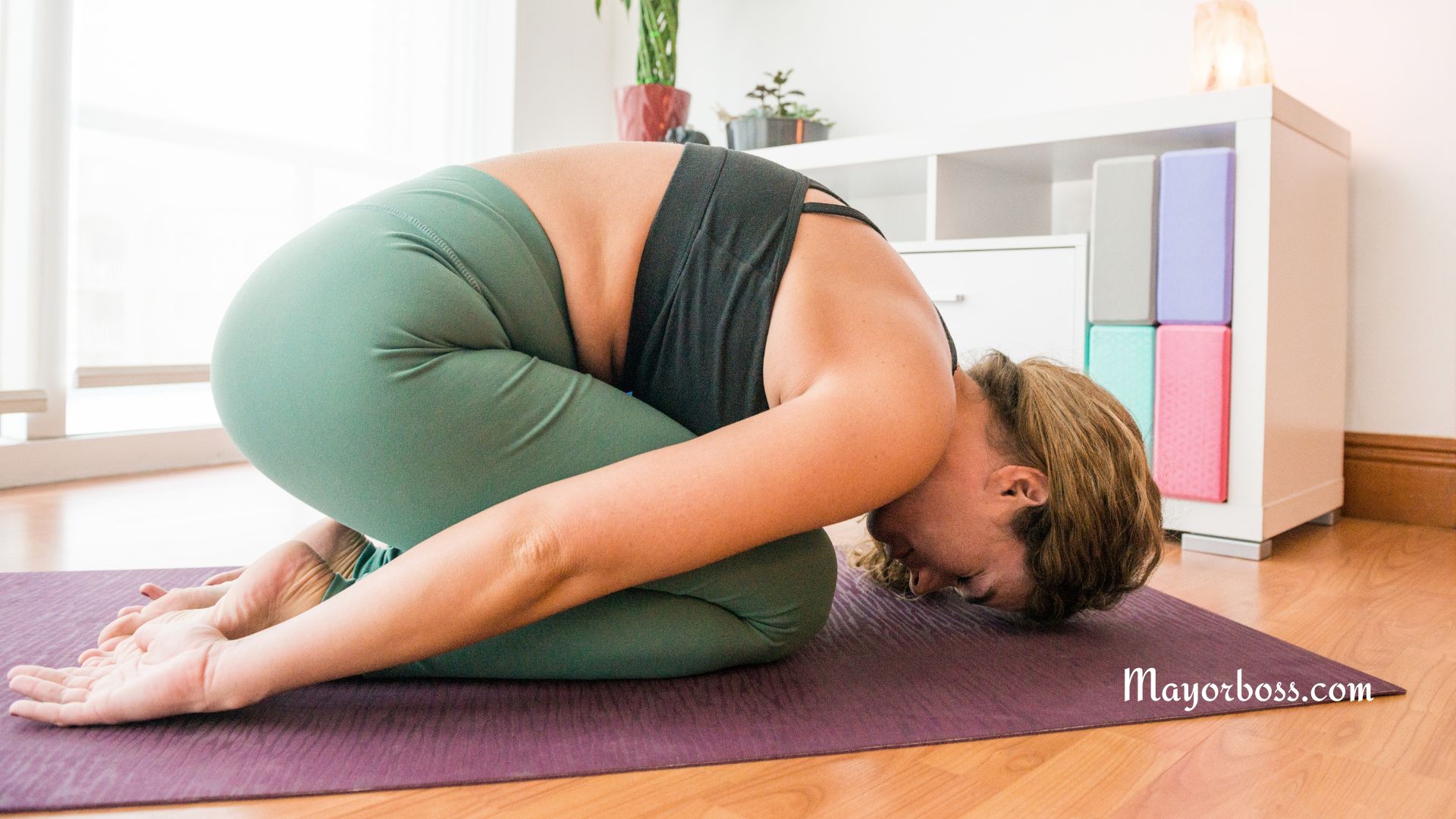Five Surprising Factors That Affect Anxiety
Anxiety is a feeling that’s familiar to many of us. It can feel like a whisper in your mind about something going wrong or like a loud alarm, making it hard to focus on anything else. But what really influences this complex emotion? Below, we’ll discuss five surprising factors that can affect your anxiety levels. You might be surprised by some of these!

1. Diet and Nutrition
Yes, what you eat can have a big impact on how you feel, including your anxiety levels. Foods high in sugar and caffeine might give you a quick boost, but they can also lead to crashes that leave you feeling jittery and more anxious. On the other hand, a balanced diet significantly rich in vegetables, fruits, lean proteins, and whole grains can help stabilize your mood and energy levels, making you less likely to feel anxious.
2. Sleep Patterns
It’s no secret that a good night’s sleep can make you feel like a whole new person. But did you know that not getting enough sleep, or even getting too much sleep, can significantly affect your anxiety levels? When you don’t get enough rest, your body’s stress hormones can go into overdrive, making you more prone to feeling anxious. Consistently good sleep helps keep your mind and body in balance, reducing anxiety.
3. Physical Activity
Regular physical activity boosts both physical and mental well-being by releasing natural mood-lifting endorphins. It also helps to burn off excess energy and tension that can contribute to anxiety. Whether it’s a brisk walk, a yoga session, or a dance class, finding an activity that you enjoy can make a big difference in managing anxiety levels.
4. Social Connections
Humans are social creatures, and the quality of our social connections can significantly impact our mental health. Positive interactions with friends, family, and even pets can provide a sense of security and support, reducing feelings of anxiety. Conversely, isolation or conflict-laden relationships can increase stress and anxiety. So, reaching out to a friend or participating in community activities can be a great way to reduce anxiety.
5. Your Environment
The spaces where you spend your time can influence your anxiety levels more than you might think. Cluttered, chaotic, or noisy environments can increase stress and anxiety. In contrast, spaces that are calm, organized, and pleasing to you can create a sense of peace and reduce anxiety. Consider making small changes to your environment, like decluttering your workspace or adding some plants, to help create a more relaxing atmosphere.
FAQs
Can changing my diet really help with anxiety? Absolutely! Incorporating a balanced diet with plenty of fruits, vegetables, lean proteins, and whole grains can help stabilize your mood and energy, which can, in turn, reduce anxiety.
How much exercise do I need to help manage my anxiety? Moderate physical activity for about 30 minutes a day, five days a week, is generally recommended. But even short, daily walks can make a big difference in your anxiety levels.
Can improving my environment really affect my anxiety? Yes, your environment plays a big role in how you feel. A space that reflects calmness and order can immensely decrease stress and anxiety, making you feel more relaxed and at ease.






